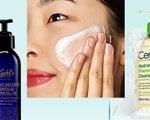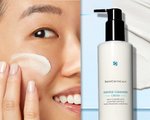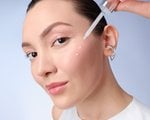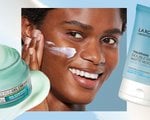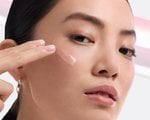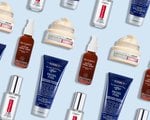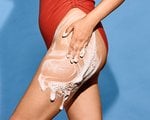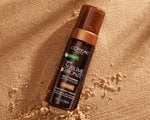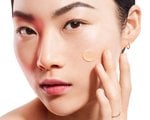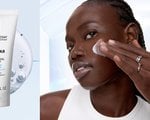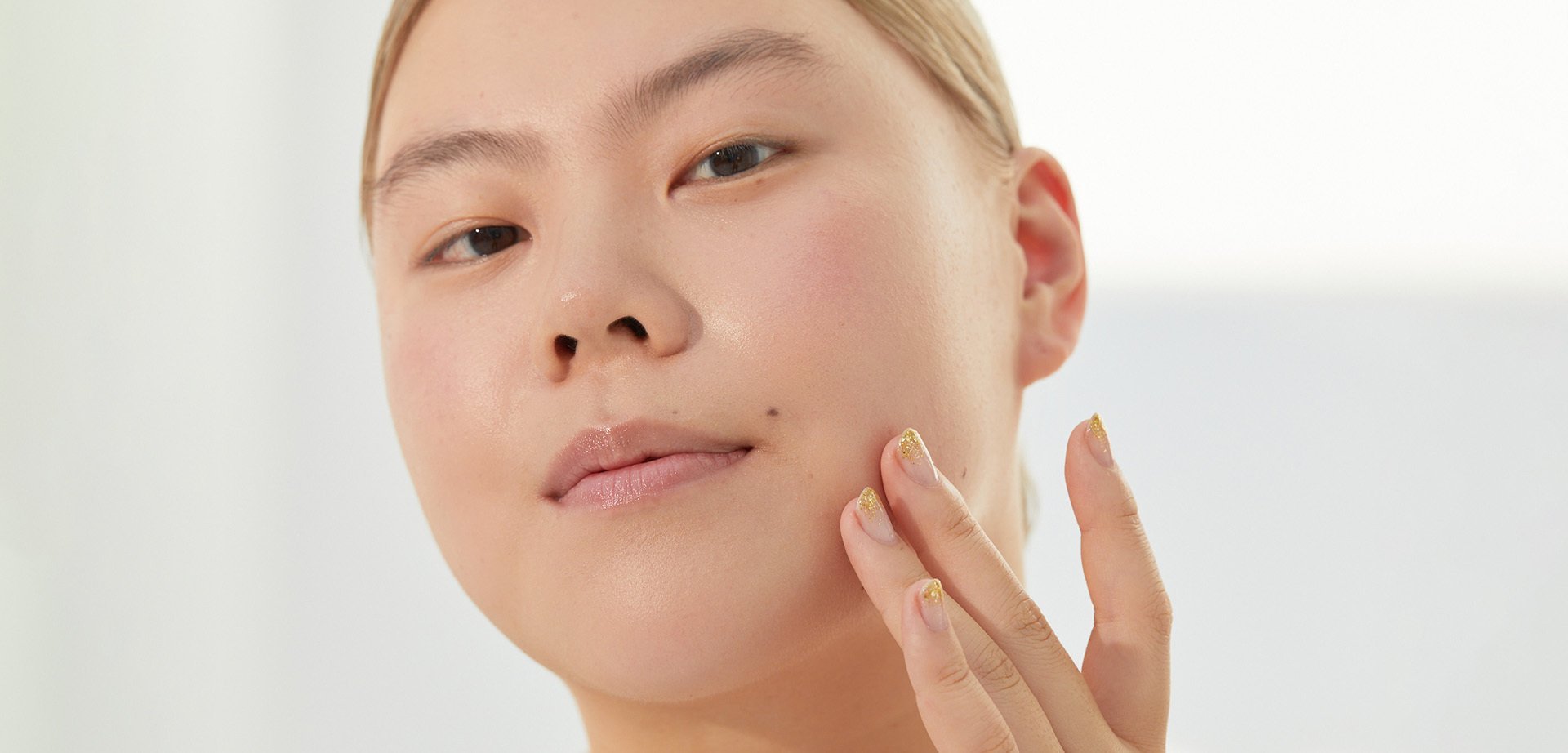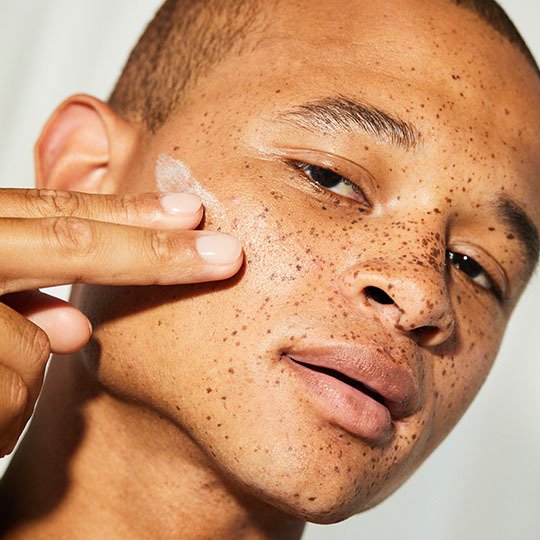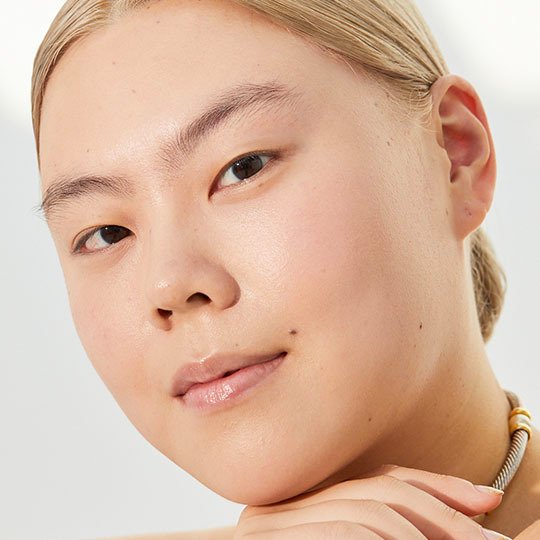Help! How Do I Help Control My Dandruff?
September 25, 2023
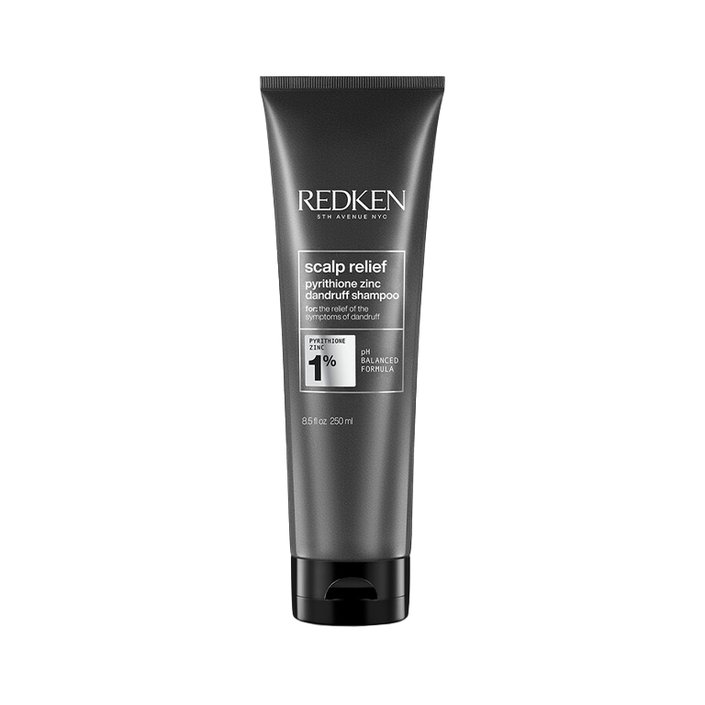
Tip 2: Wash Your Hair Daily
Given that seborrheic dermatitis is more a result of flaking, red skin and itching, stopping the flaking associated with dandruff isn’t as simple as moisturizing the area and cutting back on showers. “The first thing I recommend to anyone with dandruff is to wash your hair daily,” says Reavey. “This is because the fungus (Malassezia) feeds off the sebum on the scalp and can multiply, causing dandruff to get much worse.”
“Because yeast can contribute to the inflammation, washing your hair at least once per day is helpful in controlling the yeast and oil production,” adds Dr. King. “This may seem counterintuitive, but seborrheic dermatitis is an inflammatory condition, not just dryness.” That said, make sure you use warm, lukewarm water rather than hot water to help minimize irritation on your scalp.
Tip 3: Use a Weekly Scalp Treatment
“Incorporate a weekly scalp treatment into your hair care routine, to remove buildup and balance the scalp,” says Reavey. She recommends the Act+Acre BHA Salicylic Acid Scalp Exfoliator. “It contains salicylic acid which has antifungal properties and works to remove flakes while helping balance oil production.”
Just like the way we use facial serums to address concerns like dullness and dryness, it may be beneficial to add one to your scalp care routine. “The Act+Acre Microbiome Cooling Scalp Serum is formulated to instantly soothe dry scalp itch and reduce flakes,” says Reavey. It relieves itchiness in less than 30 seconds and helps alleviate sensitive scalp conditions like dandruff and dermatitis.
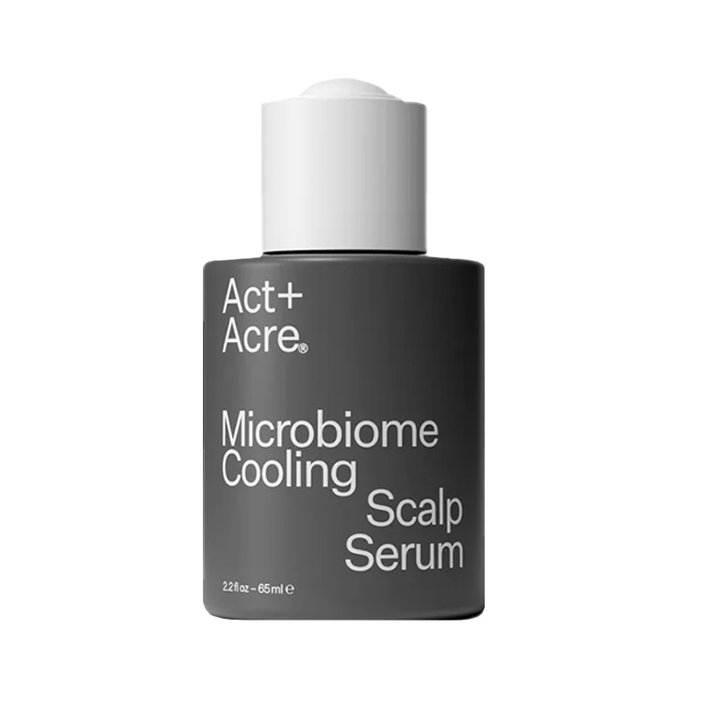
Tip 4: Be Wary of Harsh Scrubs
When you're dealing with dandruff, opt for treatments with chemical exfoliation (like salicylic acid) versus physical exfoliants like scrubs. “I actually recommend steering clear of scalp scrubs as the beads are harsh and can create tears in the scalp, leading to an increased risk of inflammation or infection,” Reavey adds. Along with steering clear of harsh scrubs, the experts at Hair.com advise to avoid picking or scratching at your scalp when you have dandruff because it can exacerbate the flakes and irritation.
Tip 5: Patch Test New Products
If your dandruff is caused by allergic contact dermatitis, it’s a good idea to avoid allergens, such as those from chemical dyes or certain ingredients like fragrance. “Patch testing can be done to figure out what is causing the allergy,” says Dr. Campbell. She urges you to do this with a dermatologist present so that, if needed, a steroid solution can be used to help calm the irritation and itching when you are exposed.
Tip 6: See a Dermatologist or Trichologist
If you’ve tried switching up your hair care routine and have seen little to no results, we suggest scheduling an appointment with a professional. “A dermatologist may prescribe you an anti-inflammatory solution or an oral antifungal for flares,” says Dr. Campbell. Additionally, a trichologist is a specialist that focuses on the hair and scalp. They can help determine the root cause of your dandruff (pun intended), while creating a custom hair routine that can help nix it.
